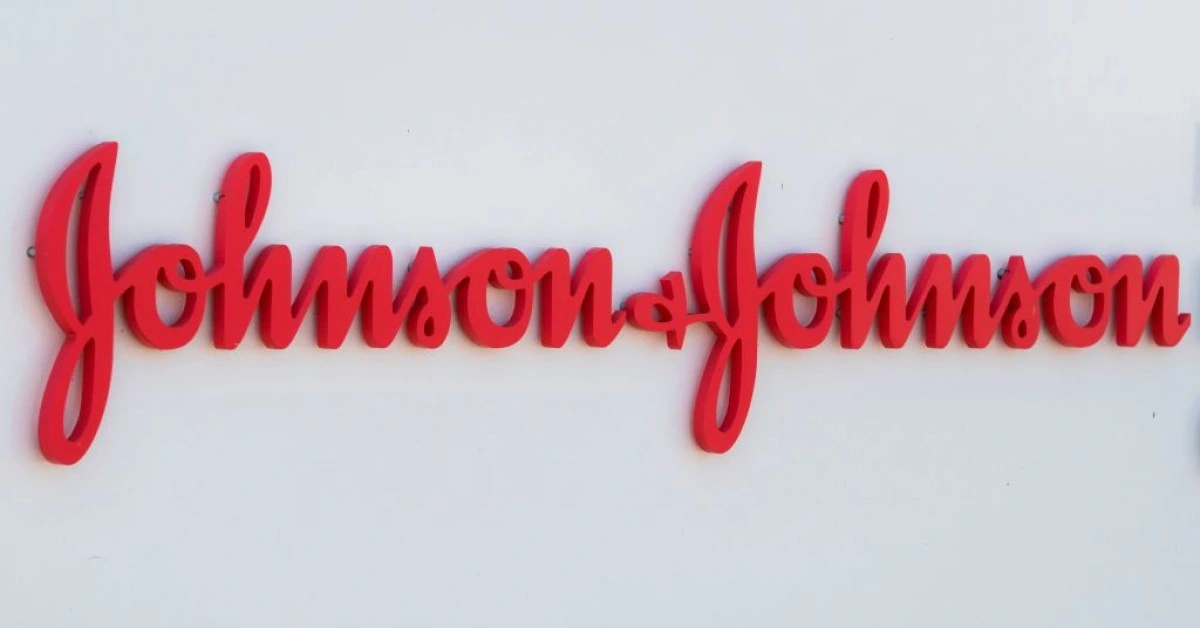
USA – Johnson & Johnson has submitted a marketing application to the U.S. Food and Drug Administration (FDA) for TAR-200, a groundbreaking treatment for high-risk, non-muscle-invasive bladder cancer (NMIBC) that has become unresponsive to BCG therapy, the current first-line treatment.
TAR-200 uses a silicone-based intravesical drug delivery system to continuously release gemcitabine chemotherapy directly into the bladder through a catheter.
The FDA has accepted the application under its Real-Time Oncology Review (RTOR) program, designed to accelerate access to promising therapies.
The submission is supported by results from the phase 2b SunRISe-1 trial, which demonstrated an 83.5% complete response (CR) rate, with 82% of responders maintaining their status at nine months.
Although the CR rate dropped to 57% after 12 months, these outcomes still compare favorably to Merck’s Keytruda (pembrolizumab), which achieved a 41% CR rate at three months in the KeyNote-057 study.
J&J acquired TAR-200 in 2019 through its purchase of Taris, a private biotech company. Despite a setback in its trial for muscle-invasive bladder cancer (MIBC), the company remains optimistic about the drug’s potential.
Yusri Elsayed, J&J’s oncology head, emphasized that TAR-200, if approved, could provide a critical new option for NMIBC patients, potentially allowing some to avoid radical bladder removal surgery.
The therapeutic landscape for BCG-unresponsive NMIBC has seen significant advancements in recent years.
Previously limited to intravesical chemotherapy or bladder removal, treatment options expanded with the 2020 approval of Keytruda.
More recent entries include Ferring’s Adstiladrin, an intravesical gene therapy, and ImmunityBio’s Anktiva, an IL-15 receptor agonist, both of which launched last year.
These therapies have shown varying efficacy, with Adstiladrin achieving a 53% CR rate at three months, dropping to 24% at 12 months, and Anktiva mirroring TAR-200’s efficacy, starting at 84% and declining to 57% over a year.
Additionally, J&J is developing TAR-210, another Taris-derived candidate, which delivers its FGFR kinase inhibitor Balversa (erdafitinib) intravesically. Together, the company projects peak sales for TAR-200 and TAR-210 to reach US $5 billion.
TAR-200 is also being explored for other uses. Despite challenges in its SunRISe-2 trial for MIBC, J&J hopes to position it as an alternative to BCG in first-line NMIBC treatment.
Results from the ongoing SunRISe-3 trial, expected next year, will determine its potential in this space.
XRP HEALTHCARE L.L.C | License Number: 2312867.01 | Dubai | © Copyright 2025 | All Rights Reserved